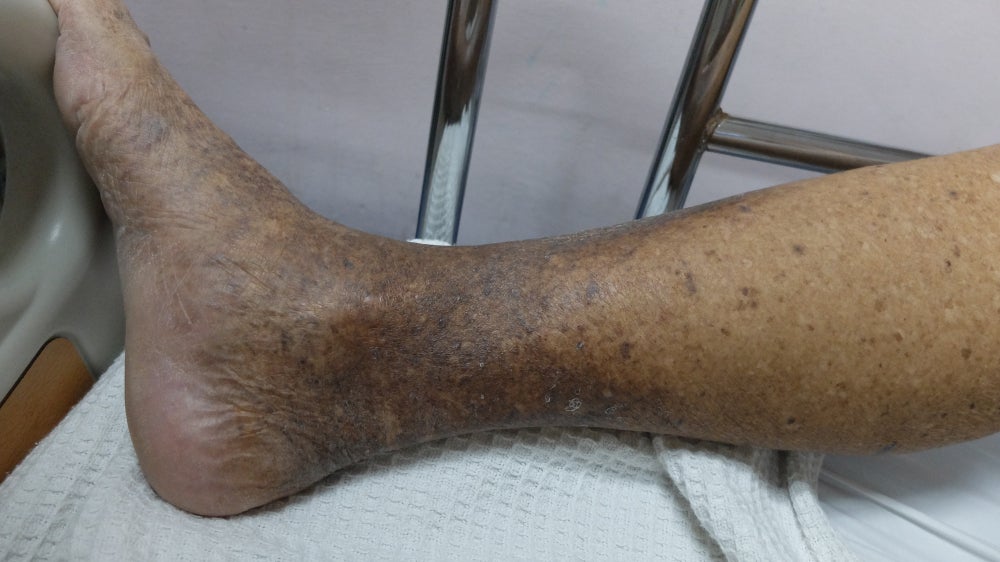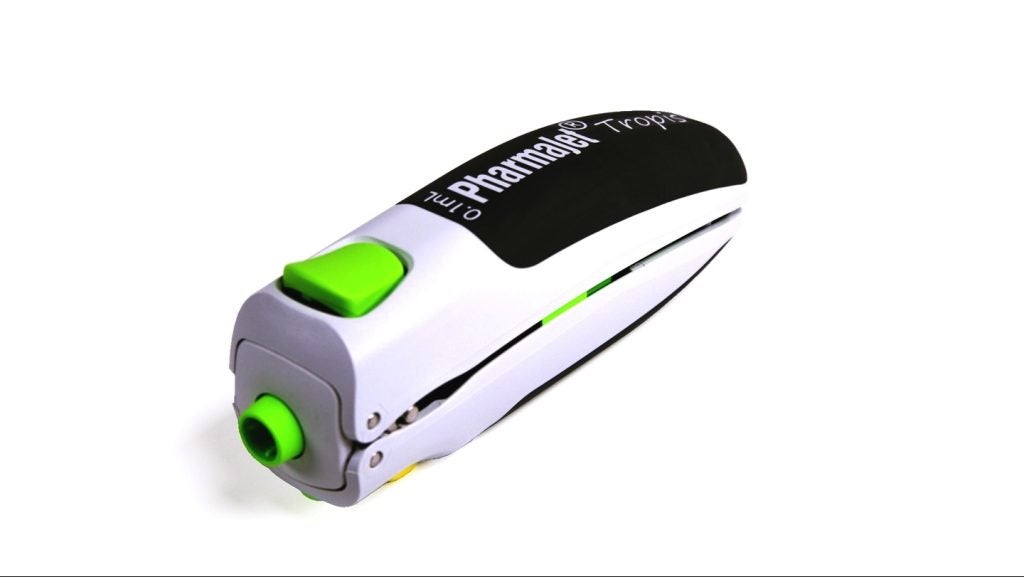 Medtronic” width=”299″ height=”133″ />
Medtronic” width=”299″ height=”133″ />US-based Medtronic has revealed new data from the CoreValve US Pivotal Trial’s extreme risk study, designed to evaluate the self-expanding device in patients who were considered too ill or frail to have their aortic valves replaced through traditional open-heart surgery.
The study evaluated 150 patients from the CoreValve US Pivotal Trial (23% of the extreme risk patient group) who were not eligible for traditional transcatheter aortic valve replacement (TAVR) through the femoral artery.
According to the company, these patients were more ill and frail than patients treated transfemorally, with higher rates of peripheral vascular disease (61.3% of alternate access patients versus 35.2% of transfemoral patients, p=0.001).
In addition, these patients also had significant rates of severe lung disease (39.3% of alternate access patients versus 23.5% of transfemoral patients, p<0.001) and home oxygen therapy (44.0% of alternate access patients versus 29.9% of transfemoral patients, p=0.002).
The rate of all-cause mortality or major stroke for these individuals was 39.4% at 12 months, compared with 26.0% in patients treated through the femoral artery.
Rates of moderate or severe aortic regurgitation were low, 2.4% at one year following the study, and 85.7% of patients had improved at the one year mark.
How well do you really know your competitors?
Access the most comprehensive Company Profiles on the market, powered by GlobalData. Save hours of research. Gain competitive edge.

Thank you!
Your download email will arrive shortly
Not ready to buy yet? Download a free sample
We are confident about the unique quality of our Company Profiles. However, we want you to make the most beneficial decision for your business, so we offer a free sample that you can download by submitting the below form
By GlobalDataThe company unveiled its findings at the 94th American Association for Thoracic Surgery Annual Meeting.
A total of 339 additional patients were treated via a subclavian or direct aortic approach in the continued access study after completion of the extreme risk study.
Mortality rate in the pivotal alternate access patients was 11.3%, while in the continued access study this rate improved to 9.5% (both at 30 days).
The continued access study also compared against the pivotal trial, with rates of major stroke at 30 days (3.0% vs. 7.5%, p=0.03) and major vascular complications (4.2% vs. 8.7%, p=0.04) significantly reduced.
The self-expanding transcatheter CoreValve system was designed specifically to serve a broad range of TAVR patients.
CoreValve has a small 18Fr profile for all valve sizes, which minimises trauma at implant, and allows physicians to treat patients with small or calcified vasculature.
The device features nitinol frame, which prevents unwanted leakage and optimize blood flow. The system is suitable for patients with native valves of nearly all sizes.
Medtronic obtained CE Mark approval for the CoreValve system in 2007 and the US Food and Drug Administration’s approval for patients at extreme risk for surgery in January this year.
The CoreValve system has been implanted in more than 50,000 patients in excess of 60 countries. The system has not yet approved in the US for other patient groups.
According to GlobalData estimates, the transcatheter heart valves market in the US was valued at $280m in 2012 and is expected to grow at a CAGR of 25.3% to reach $1.36bn by 2019.
Image: Medtronic world headquarters, Minneapolis, US. Photo: courtesy of Medtronic.







